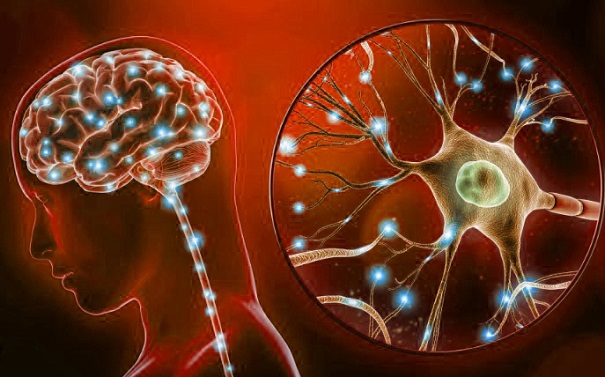SARS-CoV-2 Spike Protein Linked to Depression Through Disrupted Brain Cell Communication
Nikhil Prasad Fact checked by:Thailand Medical News Team Nov 16, 2025 3 months, 1 week, 20 hours, 47 minutes ago
Medical News: Growing Evidence That Long COVID May Directly Disturb Brain Chemistry
A groundbreaking study by teams from Tianjin University of Traditional Chinese Medicine China, the Chinese Academy of Medical Sciences and Peking Union Medical College China, Hunan University of Chinese Medicine China, and Shanxi University of Chinese Medicine China has uncovered a striking new mechanism behind long COVID related depression. According to this
Medical News report, researchers found that the SARS-CoV-2 spike protein can directly interfere with how brain cells communicate, leading to long lasting depressive like symptoms even without fatigue or other common post COVID issues.
 SARS-CoV-2 Spike Protein Linked to Depression Through Disrupted Brain Cell Communication
How The Spike Protein Was Shown to Trigger Depressive Behaviors
SARS-CoV-2 Spike Protein Linked to Depression Through Disrupted Brain Cell Communication
How The Spike Protein Was Shown to Trigger Depressive Behaviors
To explore how the virus might affect the brain, scientists injected the receptor binding domain of the spike protein into the medial prefrontal cortex of mice, a region strongly linked to mood regulation. Over sixteen days, the animals developed clear depressive like behavior including reduced motivation and withdrawal. Importantly, this was not caused by weakness or tiredness, since the animals performed normally on physical endurance tests.
The key finding was that the spike protein sharply reduced levels of a critical brain cell protein called Cx43. This protein helps astrocytes, the brain cells responsible for maintaining healthy brain chemistry, talk to one another through specialized channels known as gap junctions. When these channels were damaged, the astrocytes could no longer pass essential chemical signals such as cAMP and cGAMP. These signals normally help control inflammation and protect nearby brain tissue.
Breakdown Of Astrocyte Communication Sparks Inflammation
The disruption of gap junction intercellular communication caused inflammation to rise sharply in the brain. Researchers observed that the cGAS STING pathway, a major inflammation triggering system, became significantly more active. This pathway is known to worsen mood disorders when overstimulated. Mice genetically engineered to lack Cx43 showed the same depressive symptoms as those exposed to the spike protein, proving that loss of astrocyte communication alone is enough to trigger depression like behavior.
Tests using Gap27, a blocker of these junctions, confirmed the same pattern. When Cx43 was restored or overexpressed in astrocytes, depressive symptoms eased and brain signaling stabilized.
Celecoxib Shows Promise as A Potential Treatment
One of the most promising discoveries was that celecoxib, a commonly used anti-inflammatory drug, was able to reverse many of the damaging changes caused by the spike protein. It restored Cx43 levels, improved communication between astrocytes, reduced inflammation, and significantly lowered depressive like behavior in the animal subjects.
Why These Findings Matter for Long COVID Patients
r />
These results suggest that damage caused by lingering viral proteins could be a major factor behind long COVID related depression. The study also opens the door to new treatments that focus on restoring astrocyte communication rather than relying only on standard antidepressants, which often fail in post COVID depression. This research adds important evidence that long COVID is a biological condition involving inflammation and altered brain communication, not just psychological stress. Understanding these mechanisms may greatly improve treatment options in the future.
The study findings were published in the peer reviewed journal: Brain, Behavior, and Immunity.
https://www.sciencedirect.com/science/article/abs/pii/S0889159125004180
For the latest COVID-19 News, keep on logging to Thailand Medical News.
Read Also:
https://www.thailandmedical.news/articles/coronavirus
